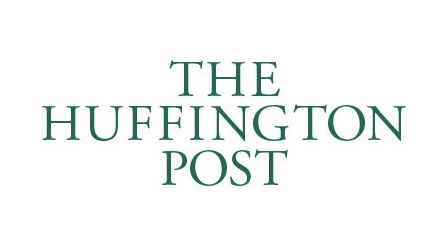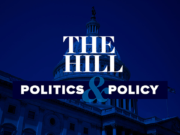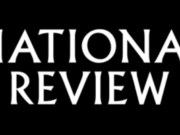How transparent is political spending in the United States? Data from the 2016 election cycle may surprise you. So-called “dark money” actually went down, not up.
You won’t hear that from most politicians and news organizations. A recent op-ed by New Hampshire Senator Maggie Hassan asserts that “the future of our democracy” hinges on “getting dark money out of politics.” Just last week, the Editorial Board of The Kansas City Star warned that “dark money… will soon blot out the political sun, like an eclipse.”
However, “dark money” may not be on the rise after all. After reaching a record $309 million in the 2012 election cycle, “dark money” fell to $184 million in 2015-2016 – accounting for just 2.9% of total spending.
For the unaware, “dark money” is a pejorative term for campaign speech by advocacy nonprofits – think Planned Parenthood or the Sierra Club – that don’t have to report their donors to the Federal Election Commission. Such groups may urge the election or defeat of candidates, but it can’t be their primary mission.
Of course, it’s not quite that simple. Donations earmarked for campaign ads are disclosed. Charities (where donations are tax-deductible) are barred from campaign speech. But the remaining civic organizations, advocacy groups, unions, and trade associations can speak some about campaigns.
The Center for Competitive Politics found that these nonprofits have never accounted for more than 5% of total spending on campaigns in any election cycle, using data from the Center for Responsive Politics. For donors who want to support or oppose candidates, other ways to contribute have always been more effective and popular, due to tax rules that limit nonprofits’ activity.
Since Citizens United v. FEC, the Supreme Court ruling that some feared would unleash secretive corporate political activity, it is striking how little has actually changed. Hopefully, no one is fooled when Senator Sheldon Whitehouse blames the ruling for Republican opposition to climate change legislation, apparently forgetting every vote on climate issues that took place before Citizens United. When Senator Chuck Schumer blames the decision for Republican support for gun rights, hopefully no one is tricked into thinking the National Rifle Association hasn’t existed for almost 150 years.
The truth is that powerful interests have existed as long as the government itself, and campaign finance restrictions do little to diminish their influence. Congress imposed contribution limits on individual donations to candidates in 1974, but that only led to a rise in “soft money” donations to political parties. Congress banned “soft money” with the McCain-Feingold law in 2002, but then independent groups started making waves.
Revisionist history credits Citizens United alone for “outside” spending, but two years prior to Citizens United, The New York Times Editorial Board was already fretting about independent groups in basically identical terms to the criticisms that would later be levied at super PACs: “Last year, groups not affiliated with the major parties were responsible for 19 percent of spending in federal elections, up from 7 percent in 2000… They can raise money from corporations, organizations and wealthy individuals without the contribution limits that parties and campaigns have.”
The real story of Citizens United and “dark money” may be: the more things change, the more they stay the same. If we could snap our fingers and in a flash be rid of PACs, super PACs, nonprofits and the rest, money would not disappear from politics. There would still be lobbyists. There would still be think tanks and issue groups. There would still be media corporations spending huge sums. Rich people might well start buying media corporations, which are not subject to campaign finance regulations. Indeed, Amazon CEO Jeff Bezos purchased The Washington Post in 2013, and Republican billionaire and casino magnate Sheldon Adelson bought the Las Vegas Review-Journal last year.
In other words, the goal of getting money out of politics is futile. The millionaires and billionaires always find a way to exert influence. So what would happen if we focused on the needs of everyone else instead?
Ironically, this approach might see “dark money” as something entirely different. The ability to support causes privately is probably less important to the wealthy than anyone else. People who give millions of dollars to political causes can afford the security they need to be safe from potential harassers. It is the rest of us who might have reason to worry about declaring our political affiliations next to our name, home address, and employer. Yet federal law says that information must be disclosed when a donor gives just $200 to a candidate, PAC, or party.
We should be glad that a small role remains for groups that are unable to comply with the burdens of campaign finance regulations. Forcing citizen groups to operate like PACs would only further alienate Americans from public policy. And in the era of Trump, the benefits of donor privacy are increasingly recognized by progressives.
Surely there are wealthy donors who contribute to nonprofits. But new disclosure rules would barely inconvenience them; they can and do spend most of their political money elsewhere. More importantly, advocacy nonprofits are the best avenue available for average Americans to associate privately in support of a cause without fear of harassment and intimidation. That side of the equation should not be ignored.
“Dark money” dropped in 2016. But whether that’s a good thing is more complicated than it may seem.
This post originally ran in The Huffing Post on August 23rd 2017.














